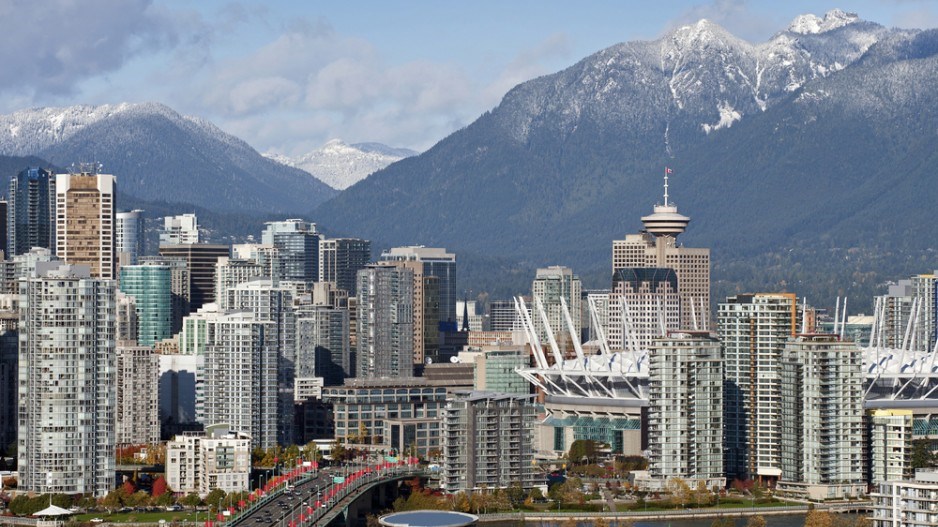Vancouver is the third most livable city globally, following Melbourne and Vienna, according to a new report by the Economist.
The Economist Intelligence Unit surveyed 140 cities around the world to gauge which locations provide the best or worst living conditions.
Cities were assessed based on over 30 factors across five categories: stability, health care, culture and environment and education and infrastructure. Each factor is rated as acceptable, tolerable, uncomfortable, undesirable or intolerable. The categories are then compiled and weighted to provide an overall rating of 1-100, where 1 is intolerable and 100 is ideal.
According to the report, the top five livable cities in overall ratings are: Melbourne, Australia (97.5), Vienna, Austria (97.4), Vancouver (97.3), Toronto (97.2), and Calgary (96.6).
The top five least livable cities are: Damascus, Syria (30.2), Lagos, Nigeria (36), Tripoli, Libya (36.6), Dhaka, Bangladesh (38.7), Port Moresby, Papua New Guinea (39.6).
The top five cities remain unchanged from past years, but the past few years have seen increasing instability across the world, causing volatility in the scores of certain cities, said the report.
Overall, the global average liveability score fell from 75.6% to 74.8% over the past five years. Weakening stability has been a key factor in the decrease, said the report. The average global stability score has fallen by 2% over the past five years, from 73.4% to 71.4%.
In Europe, city scores have been affected by the perceived threat of terrorism in the region. According to the report, Western Europe has become an area of mounting concerns after repeated attacks in France and the UK, which raised terror alerts and lowered stability scores in cities across the region. Elsewhere, Iraq, Libya, Syria, and Turkey remain subjects of high-profile civil unrest and armed conflicts.




